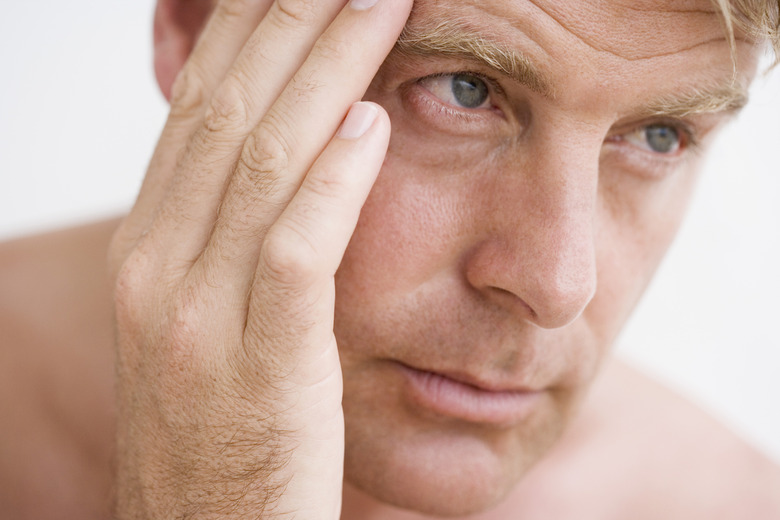Are Easter Lilies Poisonous To Humans?
Easter lilies are a beautiful, welcoming sign of spring, but you may not want to bring them inside unless you can put them out of reach of pets and small children. Most members of the lily family are toxic if ingested, and a flower's beauty is not worth the harm it may bring to your family.
Ingestion
According to a guide to poisonous plants found on the North Dakota State University College of Agriculture, Food Systems and Natural Resources website, all parts of the Easter lily plant–leaves, stems and flowers–are considered toxic and should not be ingested. Symptoms include dizziness, stomach pain and possible collapse. The University of California Davis Department of Plant Sciences considers most lilies to have minor toxicity, which means they would cause discomfort, but would not be fatal unless large amounts were ingested.
Dermatitis
Some lilies will cause minor skin irritations in humans, but not to the extent of poison ivy or oak. Washing the irritated area with soap and water will usually take away the itch. Consult a physician if severe swelling or rash appears.
Pets and Plants
Most plants that are poisonous to humans will also be poisonous to pets, but they may affect animals differently. Easter lilies are known to be extremely toxic to cats, causing liver failure if not treated immediately, whereas dogs are not as affected.
Considerations
It is best to keep all plants and flowers out of reach of children and pets to avoid ingestion, whether the plant is considered poisonous or not.
Warning
If any part of a plant has been ingested and the victim is experiencing difficulty breathing, swelling of the mouth or throat, burning pain, vomiting or severe stomach pains, call 911 immediately. Keep the number for poison control by your phone at all times. The number is (800) 222-1222.





